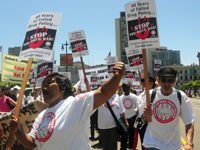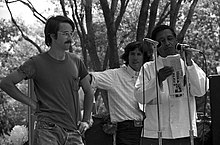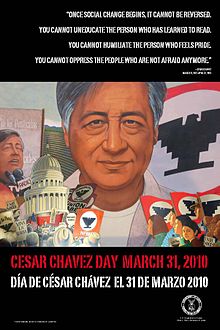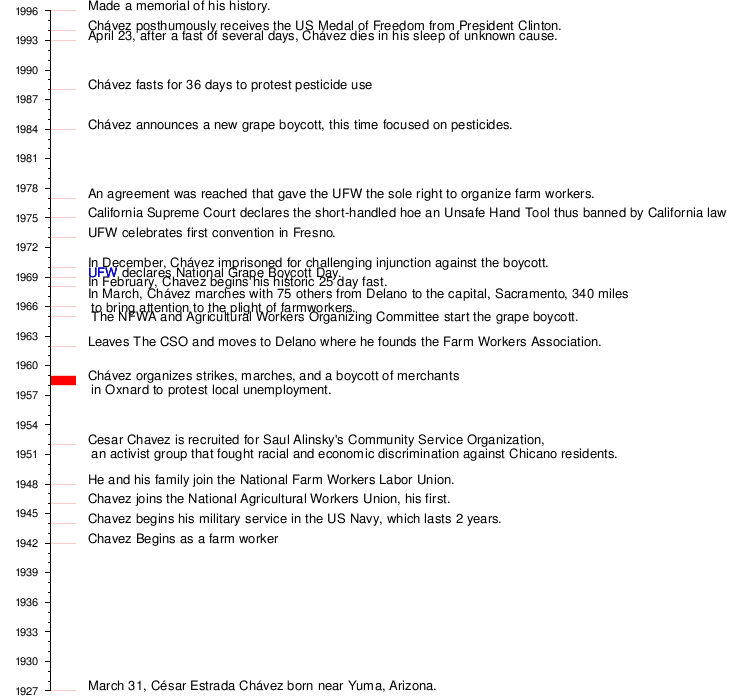PORTLAND, Ore. –
The Portland police sergeant embroiled in a "road rage" lawsuit will be moved to a desk job, says Portland City Commissioner Dan Saltzman.
The news comes three days after a driver involved in a roadway altercation with Sgt. Kyle Nice filed a lawsuit against Nice and the City of Portland.
Nice was off duty when he admits he "unholstered" his gun during that confrontation last Saturday. The driver involved, Neil Ruffin, told 9-1-1 dispatchers the gun was pointed right at him. Nice believed Ruffin nearly hit his personal truck, which held his 6-week-old baby, after Ruffin reportedly ran a red light on Southwest Allen Road.
Ruffin's lawsuit accuses Nice of menacing and threatening him with a loaded firearm.
Portland Police Commissioner Dan Saltzman told KATU on Friday he would consider taking Nice off the street. On Monday, he told KATU Reporter Dan Tilkin that he and Portland Police Chief Rosie Sizer consulted, and "we have determined he will be placed in an administrative assignment off the street.”
Nice is off work and on family leave. When Nice returns from leave, he'll be "basically working in an office environment in the bureau," Saltzman said.
Meanwhile, Saltzman wasn't shy about how he feels on this matter: "I am embarrassed by Sgt. Nice in this road-rage incident, and I think it was totally unprofessional and it doesn’t set a good example for other officers. It’s not what the public expects of our officers, on or off duty.”
The case now goes in from the recently set-up citizen review board.
"I think the public deserves better from officers who are on, or off, duty,” Saltzman said.
In addition to the Nice incident, Portland police union president Sgt. Scott Westerman
admitted to pulling over a woman twice while off-duty and yelling at her. Virginia Thompson was near Interstate 205 and two days later she and her husband were on the other side of town on Beaverton Hillsdale Highway. Thompson
said in both instances Westerman screamed at her because he thought her lights were on high. She said he told her he was a police officer and could have her arrested.
Westerman said he was ashamed of the incident.
Saltzman said he’s going to wait for the Internal Affairs investigation to end before taking action with Westerman, who's not an active patrol officer.
He also said he’ll wait for the investigation to conclude on Sgt. Nice before deciding on further discipline.
Nice was one of the officers involved in the police custody death of James Chasse - a mentally ill man - in September 2006.








